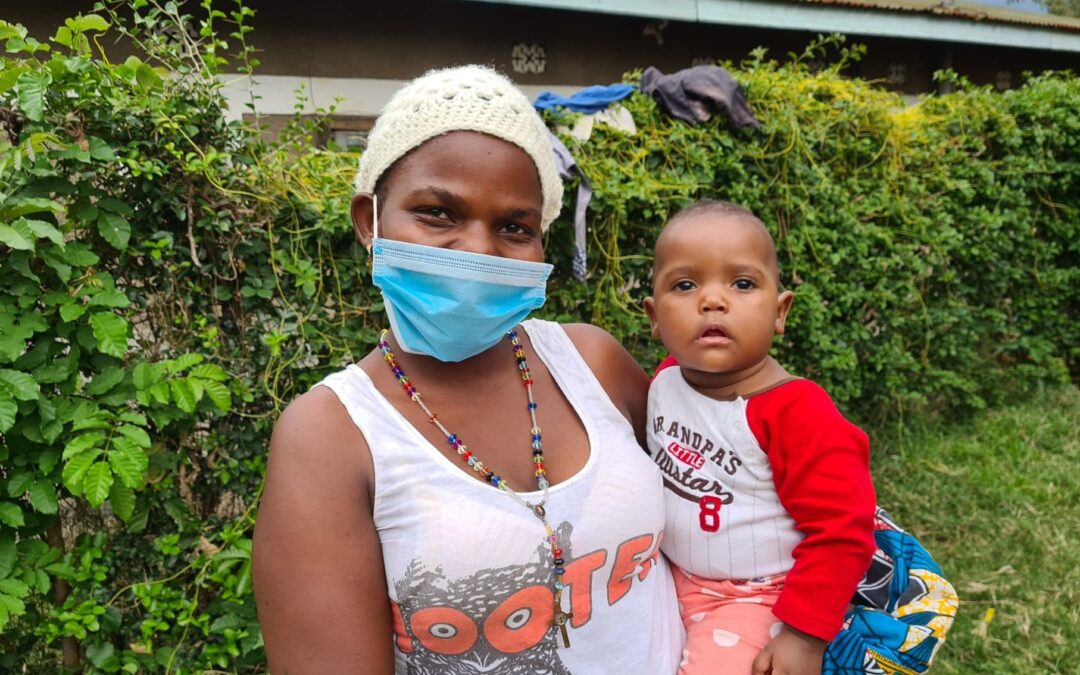
Community Engagement For COVID-19
Community Engagement for high impact interventions to fight COVID-19
A Community Engagement Training Package for COVID-19 – Latest revision Febuary 2021
Purpose
Cross-pillar training is a generic set of modules with practical guidance and training materials to strengthen COVID-19 response through community engagement.
It is meant for national and local authorities to adapt to the country context and use for capacity building of local capacity.
Audience
- National and local authorities in charge of RCCE and/or Case management in a country in the Eastern and Southern Africa region.
- Community leaders, local leaders, NGOs and Community Based Organizations in the Eastern and Southern Africa region.
- Health workers, Community Health workers and volunteers in the Eastern and Southern Africa region

Training modules and sessions
Building Behavioural Insights
Screening and testing
Contact Tracing
Health care and Isolation
Preventive Measures
Vaccine Willingness
Key training resources
Behavioural Insights
To build introductory knowledge on the role of communities to fight COVID-19, common gaps and barriers in knowledge, attitude practice.
RCCE overview: influencing risk perceptions and sustaining behaviours
Social Science in action: Building Community Resilience for COVID-19 Response and Recovery
Common gaps and barriers for non compliance with preventive behavioiurs
Community engagement through FBOs, CBOs and community volunteers to change behaviour
RCCE planning guide
Understanding community through Community feedback mechanism
Case Detection and Early Care Seeking
To equip participants with the skills to mobilize community and support early case detection/early care seeking
WHO infographic COVID-19 symptoms
Visual aid to teach communities about the importance of early case detection and early care seeking
Animation: The story of coronavirus
Flipchart for Community Mobilizers
Case detection among vulnerable groups: COVID-19 and asylum seekers, refugees and migrants
Case detection among vulnerable groups: People with disabilities
Case detection at school
Operational guidance for decision makers
Contact Tracing
To build the capacity on how community members can help with contact tracing.
Community Engagement in Contact Tracing
Contact tracing for COVID-19
Contact tracing with community support
Issues of stigma
Lessons learned from Ebola
Engaging communities in contact tracing
Home care and isolation
To improve the knowledge and skills among community members to carry out safe home care and isolation.
Home based isolation and care
Mental Health and Psychosocial Support
Parenting during COVID-19 (health focus)
IPC training courses
Interim Guidance for Implementing Home Care of People Not Requiring Hospitalization for COVID-19
Additional Resources
Infographic: COVID-19 strategies to support home and community-based care
Infographic: Taking Care of Sick People with COVID-19 Illness at Home
Protective Measures
To increase awareness about how to apply physical distancing, limited gathering, hand hygiene and mask wearing in different community settings.
Key resources on preventive behaviours
Child-friendly animations and toolkits to promote preventive behaviours
UBONGO toolkits (include short animations on handwashing and mask wearing)
Catalogue of Handwashing stations in the communities
Office work setting
School setting
Adapting religious practice
Living in shared housing
Considerations for Restaurants and Bars
Vaccine Willingness
To equip local leaders with the skills to help the community get ready for COVID-19 vaccines.

